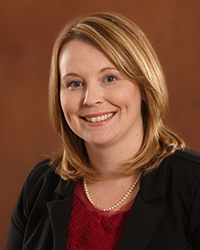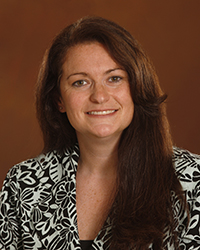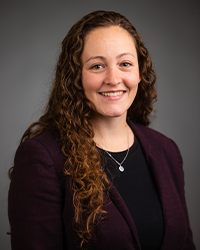Central and Western Area Health Education Centers
Home to the Mid Central AHEC and the Western Regional Community Consortium
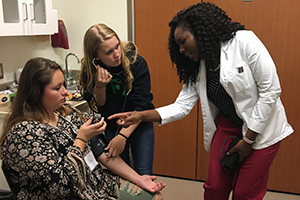 The
Central and Western Area Health Education Centers (AHECs) work in
partnership with the Michigan AHEC Program to strengthen and diversify
the health care workforce, with a special focus on serving medically
underserved communities. Together, the Mid Central Regional AHEC and the
Western Regional Community Consortium play an essential role in
training future health professionals through strong collaborations with
academic institutions, health systems, community organizations and local
schools.
The
Central and Western Area Health Education Centers (AHECs) work in
partnership with the Michigan AHEC Program to strengthen and diversify
the health care workforce, with a special focus on serving medically
underserved communities. Together, the Mid Central Regional AHEC and the
Western Regional Community Consortium play an essential role in
training future health professionals through strong collaborations with
academic institutions, health systems, community organizations and local
schools.
About the AHEC Program
The Area Health Education Center (AHEC) program was established by Congress in 1971 to recruit, train and retain a health care workforce dedicated to underserved populations. Michigan hosts five regional centers:
- Upper Peninsula Regional Center.
- Northern Lower Regional Center.
- Western Regional Center.
- Southeast Regional Center.
- Mid Central Regional Center.
These centers collaborate with local partners to improve health access and strengthen the pipeline of health professionals across the state.
Mid Central Regional AHEC
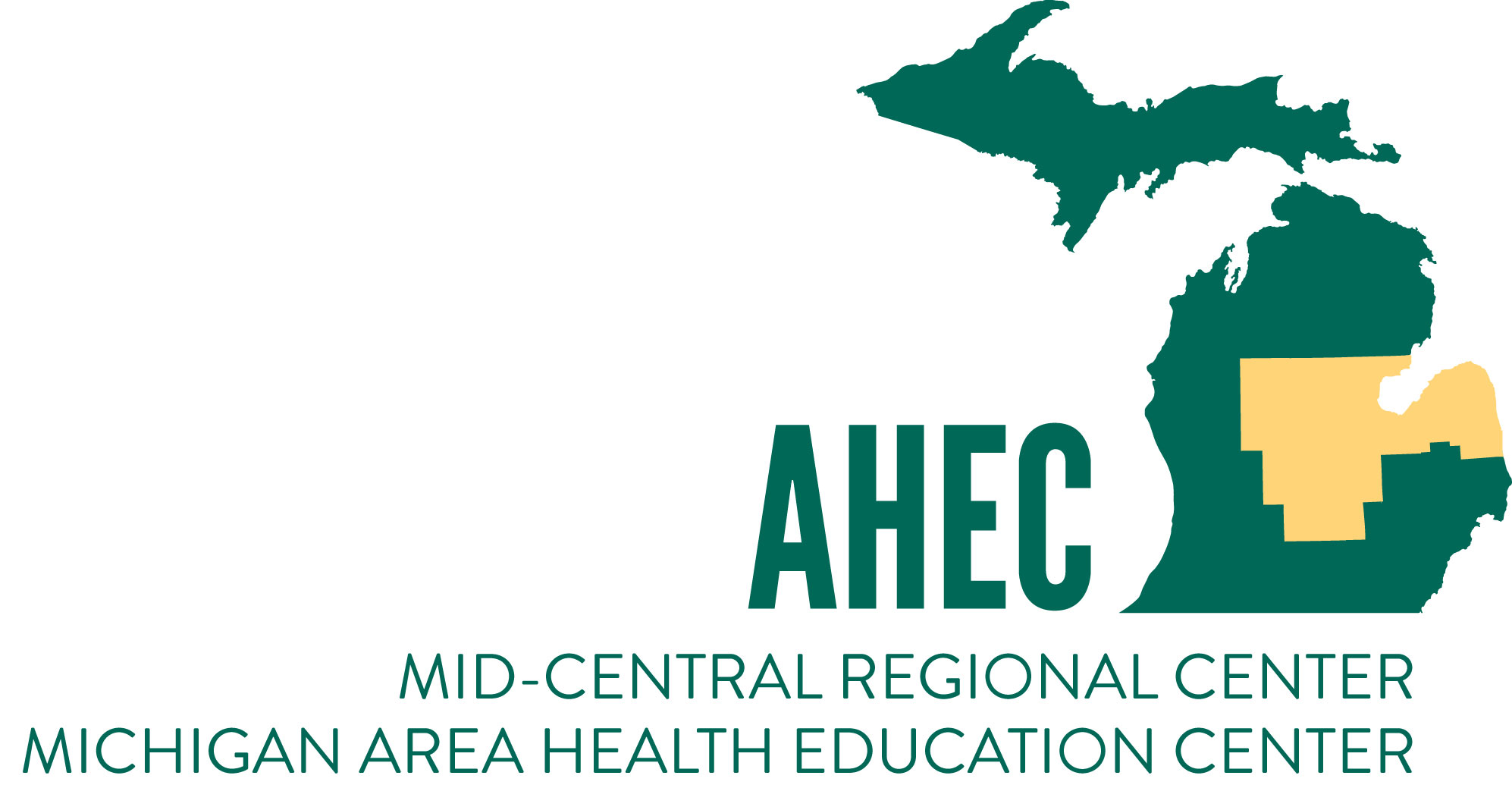 Established
in 2010, the Mid Central Regional AHEC serves 19 counties in Central
Michigan, including Arenac, Bay, Clare, linton, Eaton, Gladwin, Gratiot,
Huron, Ingham, Ionia, Isabella, Mecosta, Midland, Montcalm, Osceola,
Saginaw, Sanilac, Shiawassee and Tuscola. Its academic partner is the
Central Michigan University College of Medicine.
Established
in 2010, the Mid Central Regional AHEC serves 19 counties in Central
Michigan, including Arenac, Bay, Clare, linton, Eaton, Gladwin, Gratiot,
Huron, Ingham, Ionia, Isabella, Mecosta, Midland, Montcalm, Osceola,
Saginaw, Sanilac, Shiawassee and Tuscola. Its academic partner is the
Central Michigan University College of Medicine.
Mission
The mission of the Mid Central Regional AHEC is to improve access to quality primary and preventive health care across its 19-county region by growing and diversifying the health care workforce through community partnerships.
We achieve this by:
- Encouraging students from rural, underserved and diverse backgrounds to pursue health careers.
- Building strong educational pathways from middle school through graduate training.
- Identifying housing to connect students with local communities.
- Partnering with schools, health systems, and service agencies to meet workforce needs.
- Supporting continuing education to strengthen the skills of practicing professionals.
Western Regional Community Consortium
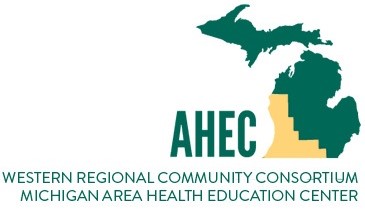 The
Western Regional Community Consortium (WRCC) supports AHEC activities
in 12 counties across Western Michigan: Allegan, Barry, Berrien, Branch,
Calhoun, Cass, Kalamazoo, Kent, Muskegon, Ottawa, St. Joseph and Van
Buren.
The
Western Regional Community Consortium (WRCC) supports AHEC activities
in 12 counties across Western Michigan: Allegan, Barry, Berrien, Branch,
Calhoun, Cass, Kalamazoo, Kent, Muskegon, Ottawa, St. Joseph and Van
Buren.
The WRCC builds partnerships with universities, health
systems, health departments and community-based organizations to expand
health workforce development. By connecting students to training
opportunities, facilitating clinical placements, and supporting health
career pathways, the WRCC helps address workforce shortages in both
rural and urban underserved communities.
Core AHEC Activities
Across both regions, the Michigan AHEC program is guided by three key pillars:
Pipeline Development
Inspire and support middle school, high school and undergraduate students to pursue health careers through mentorship, enrichment programs and exposure to health professions.
Clinical Training Support
Improve the distribution of health professionals by helping place students in clinical rotations throughout underserved communities.
Provide housing and connect students with local resources, volunteer opportunities and community engagement to encourage them to remain in the region after training.
Continuing Education for Health Professionals
Support practicing clinicians with access to continuing medical education (CME) and continuing education units (CEUs).
Strengthen skills and resources to meet the unique needs of medically underserved populations.
